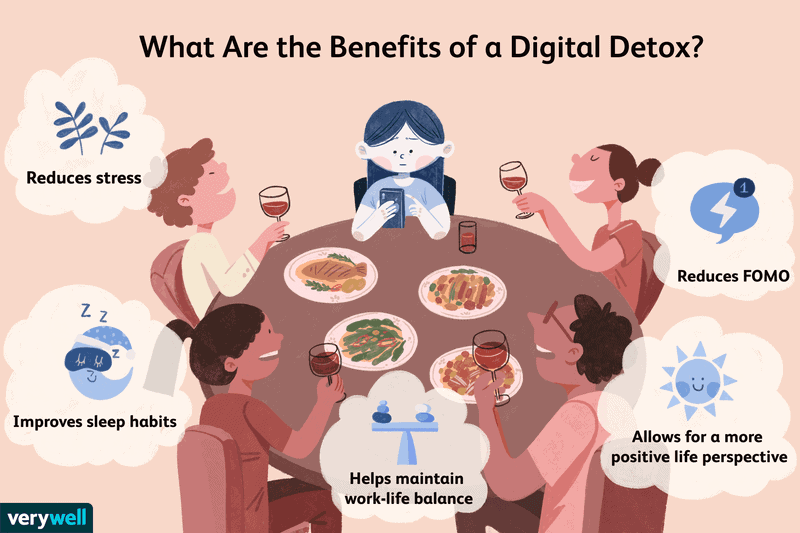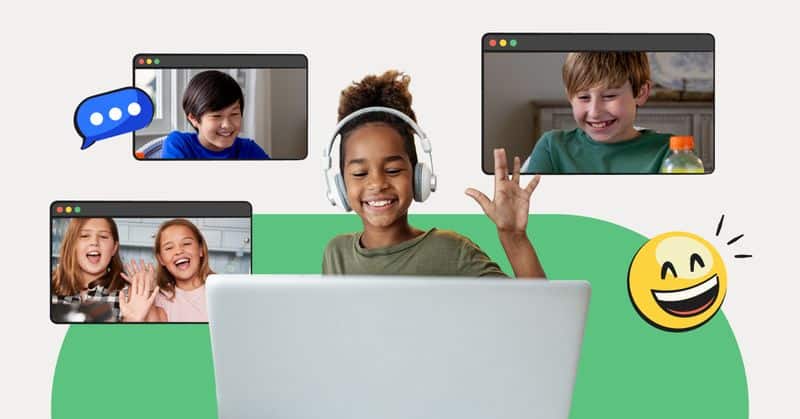Navigating life as a Gen Z kid isn’t always as easy as it might seem. Despite growing up in a digital-first world, there are still some tough lessons to be learned. Here are seven random, yet impactful, lessons that have left a mark.
1. The Illusion of Internet Fame

Internet fame seems alluring, but many Gen Z kids have learned it’s not as glamorous as it appears. The pressure to maintain an online persona can be overwhelming. Often, the chase for likes and followers can lead to anxiety and burnout.
Being constantly connected means less privacy, and the harsh reality is that online fame is often fleeting. Understanding that online validation doesn’t equate to self-worth is crucial.
The digital world can be a double-edged sword, highlighting the importance of balancing virtual and real-life interactions.
2. The Myth of Multitasking

Gen Z kids often believe they can multitask effortlessly. However, the truth is that multitasking can reduce productivity. Splitting attention between tasks often results in mistakes and lower quality work.
The idea of doing it all at once seems efficient but can lead to mental fatigue. Learning to prioritize tasks and focus on one thing at a time can improve efficiency and reduce stress.
This realization is a significant step toward better time management and well-being.
3. The Reality of Instant Gratification

Growing up with instant access to information and entertainment has led Gen Z to expect immediate results. This desire for instant gratification can hinder patience and perseverance.
Real-world accomplishments often require time and effort, which can be frustrating for those accustomed to quick outcomes.
Learning to appreciate the process and the time it takes to achieve goals is a valuable lesson in personal growth and satisfaction.
4. The Challenge of Digital Detox

Despite constant connectivity, there’s a growing awareness of the need for digital detox. Many Gen Z kids struggle with unplugging from their devices.
Breaking free from screens can enhance mental health, improve focus, and foster better relationships. However, the fear of missing out often makes it difficult to disconnect.
Understanding the benefits of a digital detox is a crucial step towards healthier habits.
5. The Perils of Perfectionism

Perfectionism plagues many Gen Z individuals, fueled by curated social media feeds showcasing flawless lives. This pursuit of perfection can lead to stress and dissatisfaction.
It’s essential to accept that mistakes are part of the growth process and that imperfection is natural.
Embracing authenticity over perfection can lead to better mental health and more fulfilling experiences.
6. The Fragility of Online Friendships

Online friendships can seem easy, but their fragility is a harsh reality. Many Gen Z kids have experienced the transient nature of virtual connections.
Digital interactions lack the depth and reliability of face-to-face relationships. Building strong, lasting friendships requires effort and real-world engagement.
Understanding the limitations of online connections can lead to more meaningful social interactions.
7. The Value of Offline Skills

In a digital age, offline skills are often underestimated. However, many Gen Z kids have realized the importance of practical abilities like cooking or fixing things.
These skills provide independence and can be more rewarding than virtual achievements.
Emphasizing the acquisition of offline skills can enhance self-reliance and provide a sense of accomplishment beyond the screen.

Well, hello there!
My name is Jennifer. Besides being an orthodontist, I am a mother to 3 playful boys. In this motherhood journey, I can say I will never know everything. That’s why I always strive to read a lot, and that’s why I started writing about all the smithereens I came across so that you can have everything in one place! Enjoy and stay positive; you’ve got this!

